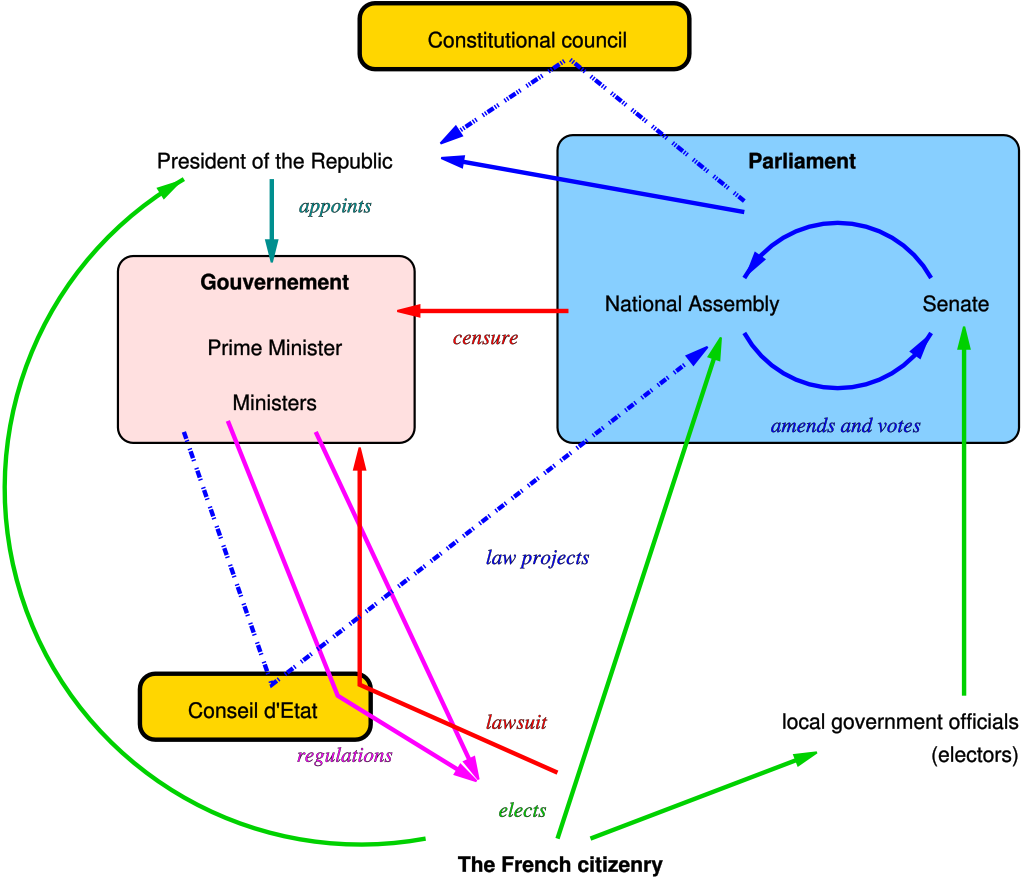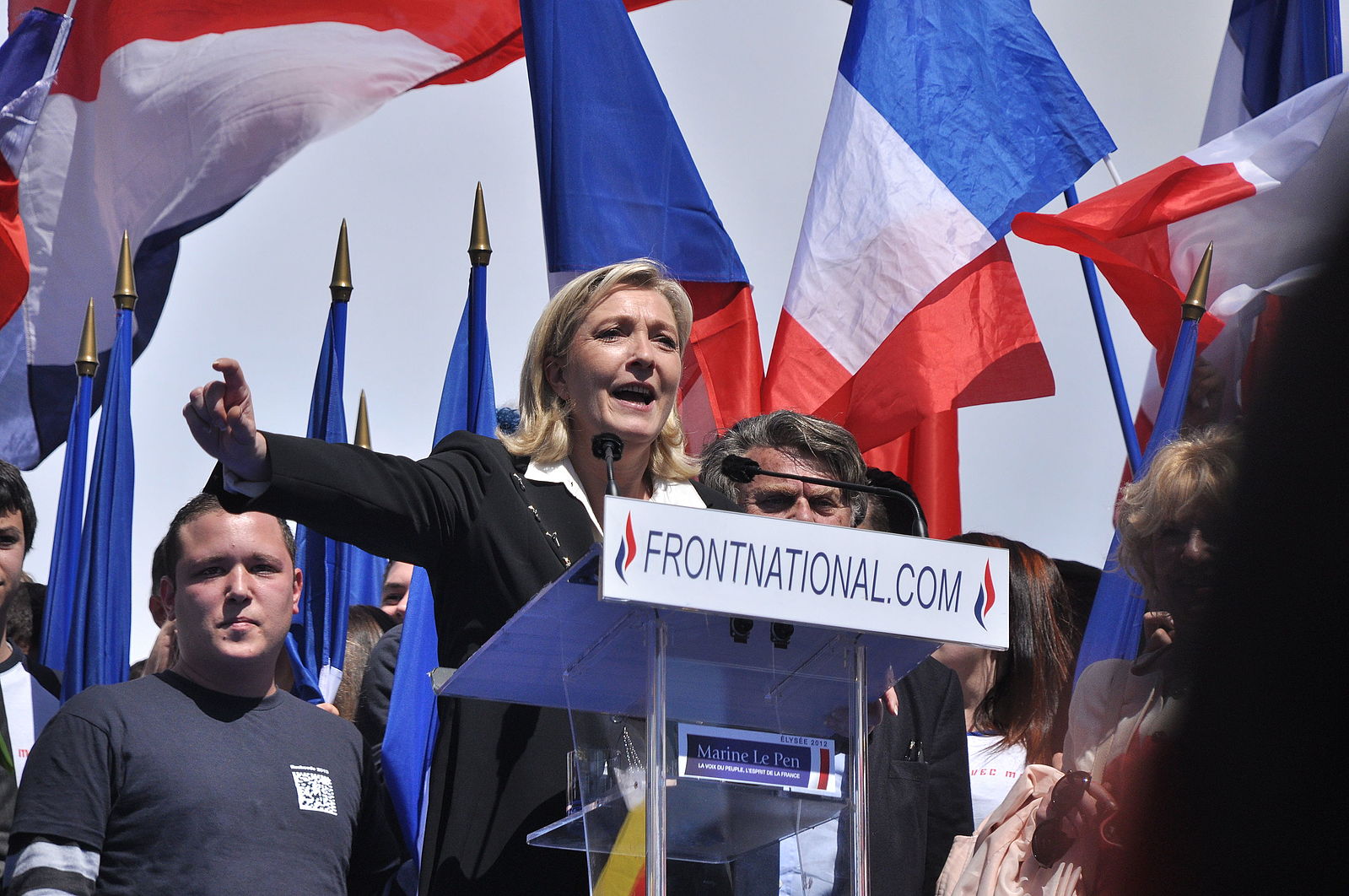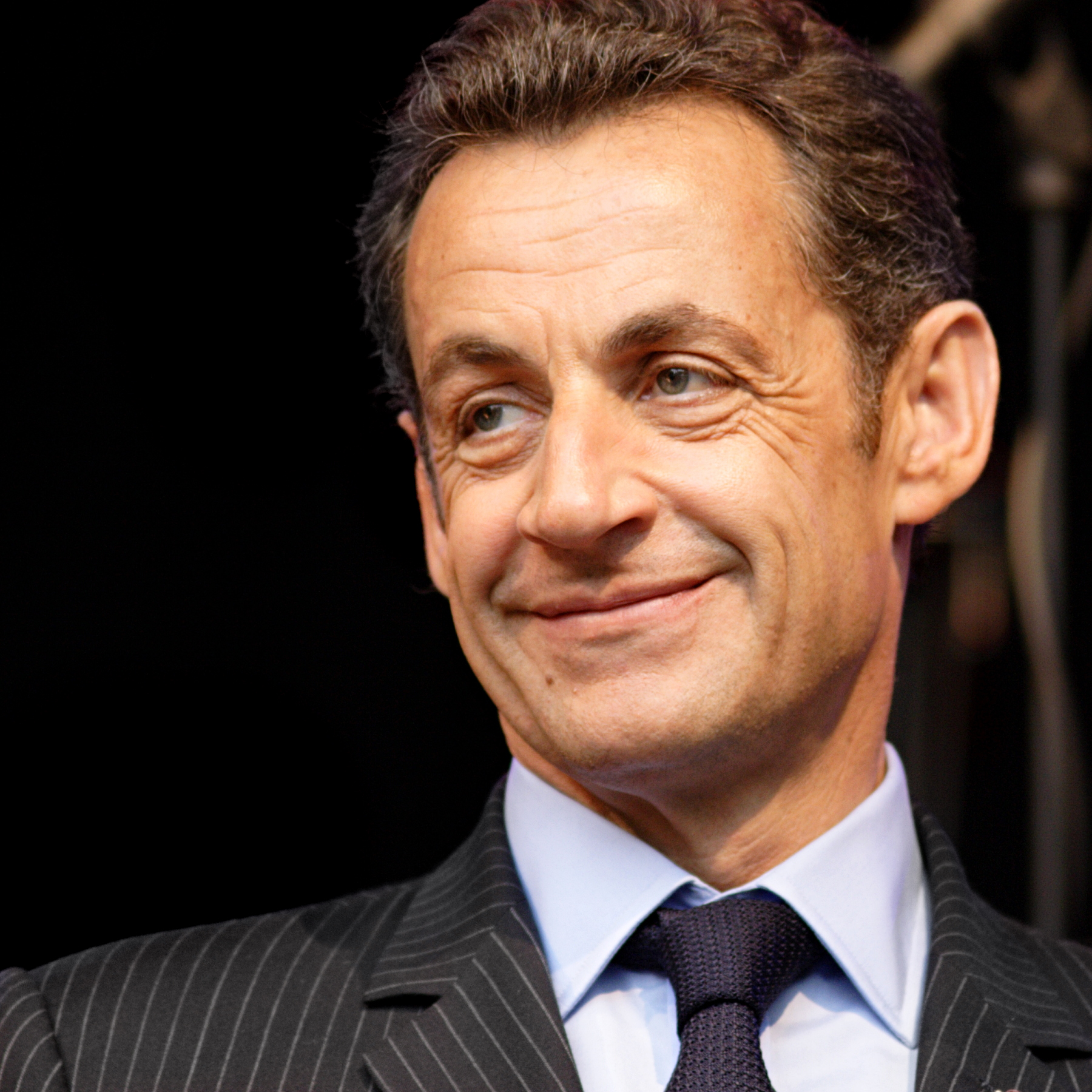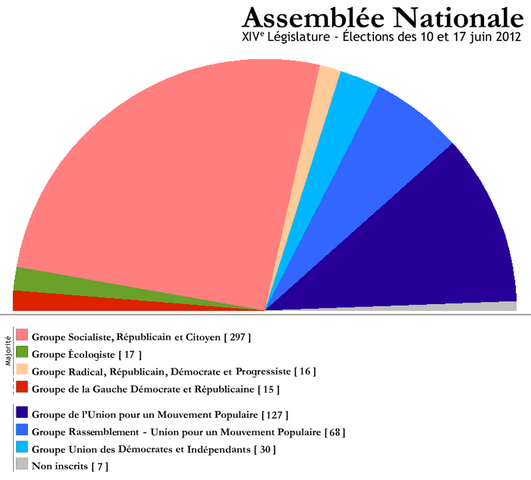The French Right Wing for Dummies
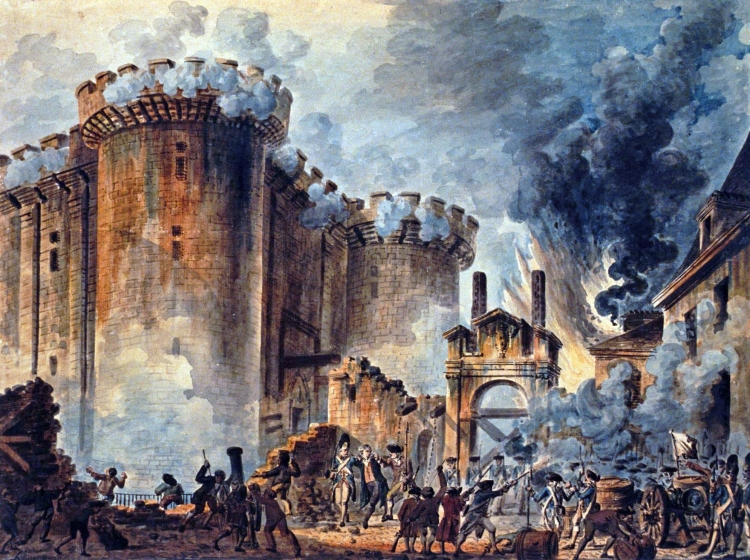
For American expats still reeling from the intrigue of the last election, the upcoming French elections can provide a new focal point. French politics are very different from American politics—unlike the United States, France has a semi-presidential system of government, which means that the President is elected by popular vote and has authority alongside a cabinet. In France, there is no Electoral College, nor a “winner-takes-all” policy; the President elect must win at least 50% of non-blank votes to assure that he is supported by half of the population. This, of course, is extremely hard to maintain, as the French political system equally supports an unlimited amount of parties of both "left" and "right" wing. Nonetheless, it is crucial to understand what these parties stand for and what their policies are. The right to vote is vital for French people, as it reassures that they a voice regarding their country’s future. The complexity of French politics must not be underrated, and as residents of France, AUP students should be well aware of it—especially the more complex Right Wing that may loom on the horizon of the Élysée Palace. Following the right wing presidential primaries, and the great chances there are for an upcoming conservative presidency, here are some details that should be taken into account when discussing the French right wing.
Chart attempting to explain the French government. Image Credit: Wikimedia Commons.
The French right wing is divided into three categories: Extreme Right, Right, and Center-Right. Each of these include a series of political parties, ideologies, and leaders, that do not necessarily agree with each other. As the run-offs for the primaries approach, it is important to objectively understand their differences.
Extreme Right
Today best represented by the Front National, this party rejects governmental institutions and questions all other administrative, civil, economical and religious associations. Economically, as they dismiss capitalism and materialism, they try to fight globalization by promoting national goods and individual businesses. With time, the party has gained different labels of intolerance, such as “racist” or “xenophobic,” due to their protectionist and anti-immigration policies. But nonetheless, their leader (and current candidate for the presidency) Marine Le Pen has advocated for civil unions of same-sex couples, and for keeping abortion legal and available. Even though the Front National has the most extreme policies in the right-end of the spectrum, they are one of the largest political forces in France.
Marine Le Pen giving a speech during a campaign in 2012. Image credit: Wikimedia Commons.
Right
There is no doubt that one of the most important right wing parties in France is the Republicans. After the Party's first open right-wing primaries this past Sunday, François Fillon and Alain Juppé gained 44,08% and 28,56% of the popular vote, respectively. There is no doubt that the Republicans is one of the two major contemporary political parties in France. Although it is often against liberal immigration policies and communitarianism (a model that generally includes a big government), the faction is open to economic freedom based on hard work, merit and innovation. The leader and ex-president of France, Nicolas Sarkozy, (who was recently defeated in the primaries), has tried to unify the entire right wing by creating a collision that represents most parties among this particular ideology.
Nicolas Sarkozy at a press conference. Image credit: Wikimedia Commons
Center-Right
Last but not least, the Union of Democrats and Independents (UDI) is a grouping of eight other political parties, under which each faction officially keesp their political independence. This is not a particularly influential party, election-wise, but they frequently win a significant amount of seats in the senate. Their mission is to unify all the center-right and independent parties under their common goals and ideologies. Their main objective is to preserve all the fundamental right wing ideals, but also to fight for a fair and democratic society, preserving the ideals of European democracy. They usually take a back seat in larger political events such as the presidental election; in the past years, they have publicly endorsed presidential candidates, and worked together with other parties to ensure smoother transitions of power and a better understanding of other people’s ideals.
Number of seats held by the UDI in 2012. Image Credit: Wikimedia Commons

